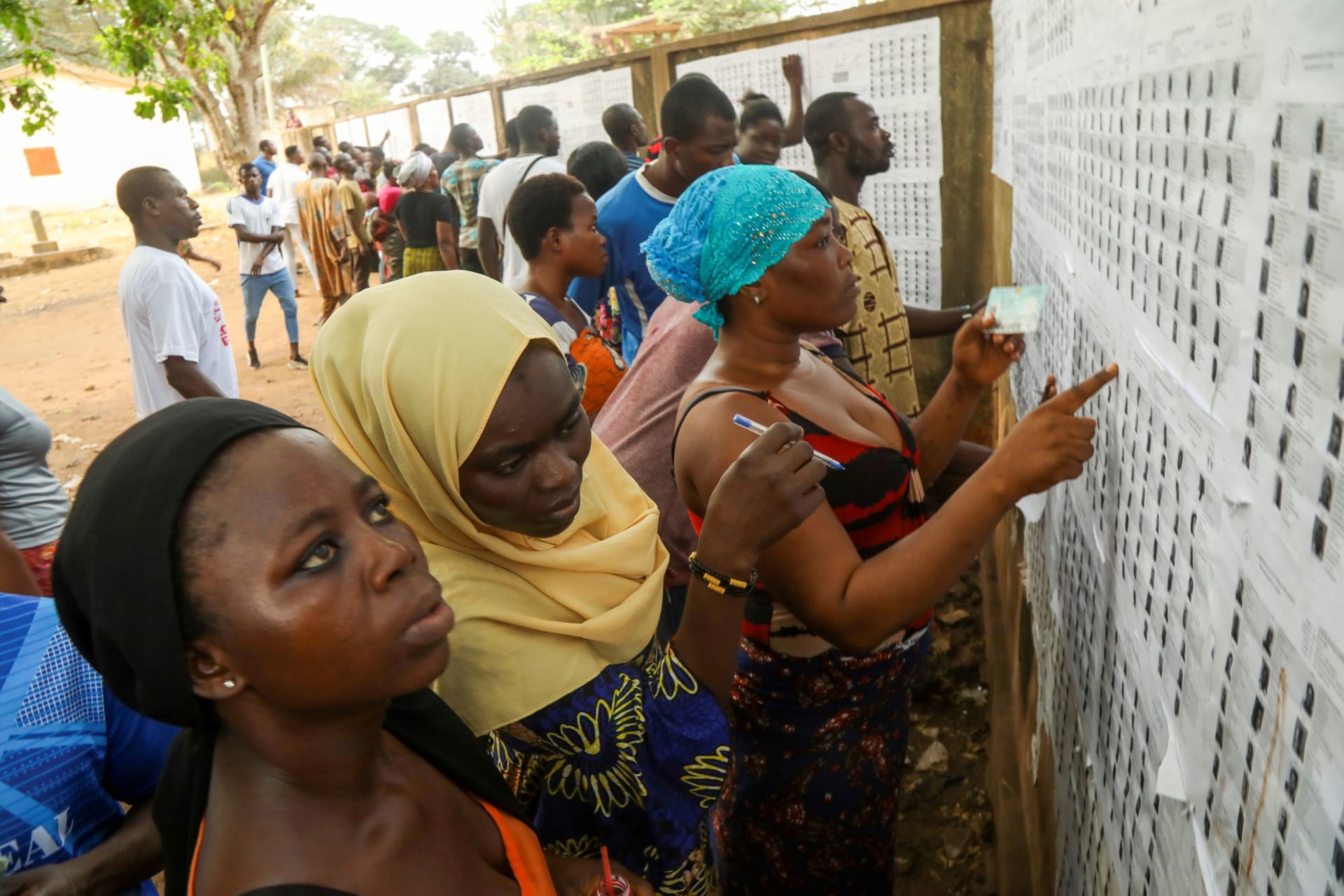Women This Week: Making History in Togo
Welcome to “Women This Week,” a series that highlights noteworthy news related to women and U.S. foreign policy.

By experts and staff
- Published
By
- Guest Blogger for Women Around the World
This week’s post was compiled by Hareem Abdullah, intern with the Women and Foreign Policy program at the Council on Foreign Relations.
First Female Prime Minister in Togo
In September 2020, President Faure Gnassingbe appointed Victoire Tomegah Dogbé as Togo’s first female prime minister. For activist Mimi Dossou Soedédjé, this sends “a strong signal to our young girls and women that they have the right to dream big.” Dogbé is well known in political circles, having served in several positions under Gnassingbe’s government in the past decade, including as Gnassingbe’s chief of staff, director of the president’s cabinet, and minister for youth and grassroots development. On October 2, Dogbé appointed a new government and allocated a record 33 percent of ministerial positions to women.
Increased Paid Paternity Leave in France
Last month, President Emmanuel Macron announced his plan to extend paid paternity leave in France from fourteen to twenty-eight days starting next July. He argued that “when a baby arrives in the world, there is no reason it should be just the mother who takes care of it.” The decision comes following a year of debate in France regarding the first one thousand days of a child’s life. In a report commissioned by the French government, neuropsychiatrist Boris Cyrulnik recommended that fathers should be allowed to take up to nine weeks of paid leave, and welcomed the extension as “a start.” France joins Lithuania and Spain as the only countries in Europe to offer fathers four weeks of paternity leave.
Feminist Foreign Policies Proliferate
In 2014, former Swedish Minister for Foreign Affairs Margot Wallström announced Sweden would adopt a feminist foreign policy, putting gender equality at the center of the country’s diplomacy, defense, development, and trade. Since then, six countries have either adopted a foreign policy or pledged to adopt one. To date, Canada, France, Mexico, and Sweden have developed the most comprehensive policies, with Canada announcing a plan to allocate the majority of its foreign aid toward the promotion of gender equality, while Mexico has pledged to reach gender equality within its Ministry of Foreign Affairs by 2024. Recently, U.S. Representatives Barbara Lee (D-CA), Jackie Speier (D-CA), and Lois Frankel (D-FL) introduced a resolution in the U.S. House of Representatives in support of a feminist foreign policy.